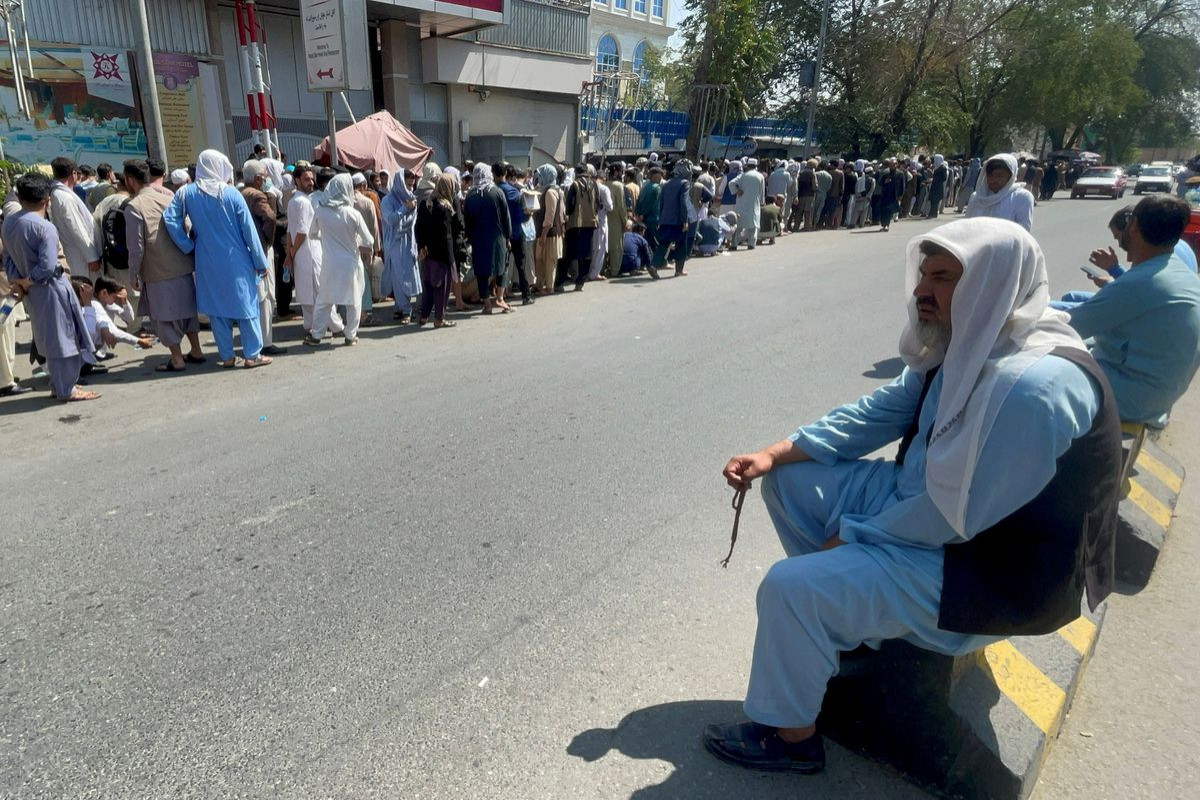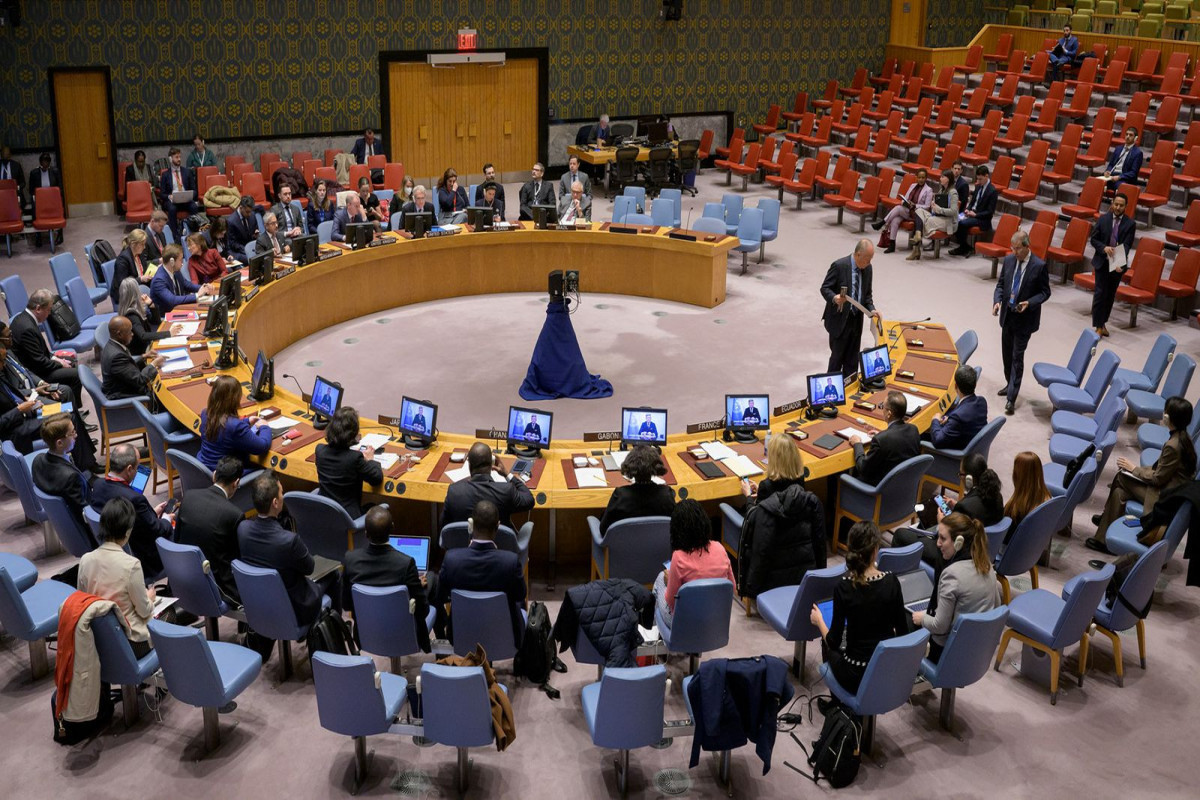Afghanistan's Taliban government bolstered its economic team on Tuesday, naming a commerce minister and two deputies as the group tries to revive a financial system in shock from the abrupt end to billions of dollars in foreign aid, APA reports quoting Reuters.
Nooruddin Azizi, a businessman from Panjshir province north of Kabul, was named as acting minister of commerce and industry and would start work immediately, Taliban spokesman Zabihullah Mujahid told a news conference.
Azizi joins the acting finance minister and minister for economic affairs, both of whom were announced previously, in a team facing a daunting task.
Exacerbated by a drought that threatens to leave millions of people hungry, the economic crisis is among the biggest challenges facing the Taliban 20 years after they were driven from power by a U.S.-led campaign in the wake of the Sept. 11 attacks.
"We are working day and night on this and on making sure that the economic issue is resolved as soon as possible," Mujahid told reporters.
He did not give concrete proposals as to how this could be achieved, but did promise that government workers who have been unpaid since at least July would start receiving salaries soon.
Underlining the economic pressures building on Afghanistan's new government, prices for staples like flour, fuel and rice have risen and long queues are still forming outside banks as they strictly ration withdrawals.
Some humanitarian aid has started to arrive and limited trade has returned across land borders with Pakistan, but a severe cash shortage is crippling day-to-day economic activity and decades of war have left much infrastructure in tatters.
Foreign aid payments, which accounted for 40% of Afghanistan's gross domestic product, have all but stopped as the West considers how to deal with a group that, until August, led a deadly insurgency against the U.S.-backed government.
Amruddin, a former member of the provincial council in the northern city of Kunduz, said farmers caught up in the war during the harvest season and the dire state of some of the country's roads meant much of the produce had gone to waste.
"Kunduz is known as the bread basket of Afghanistan, but the economic situation, especially the agriculture situation in Kunduz, is miserable," he said. "Farmers could not get products like melon and grapes to Kabul due to all the problems."






